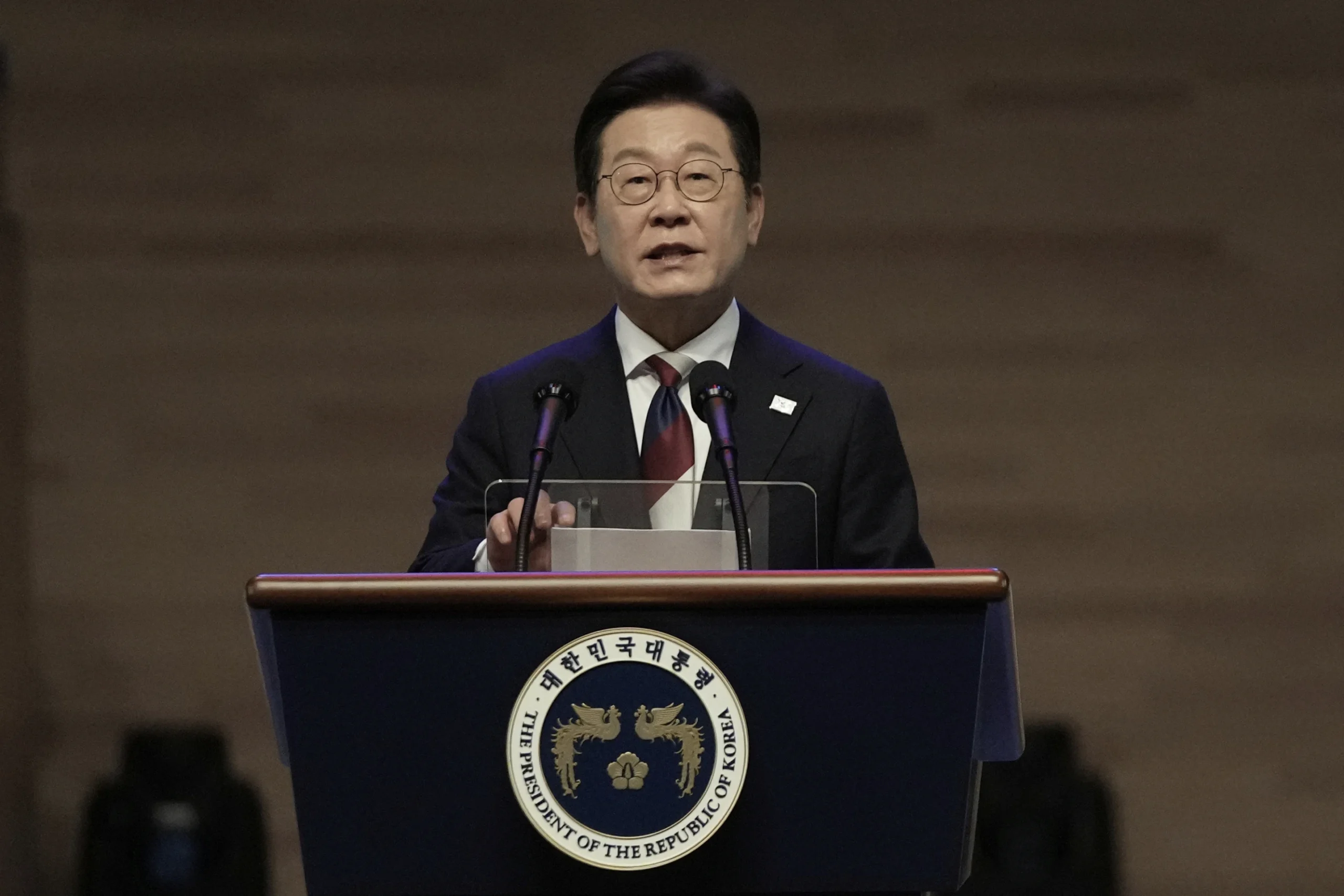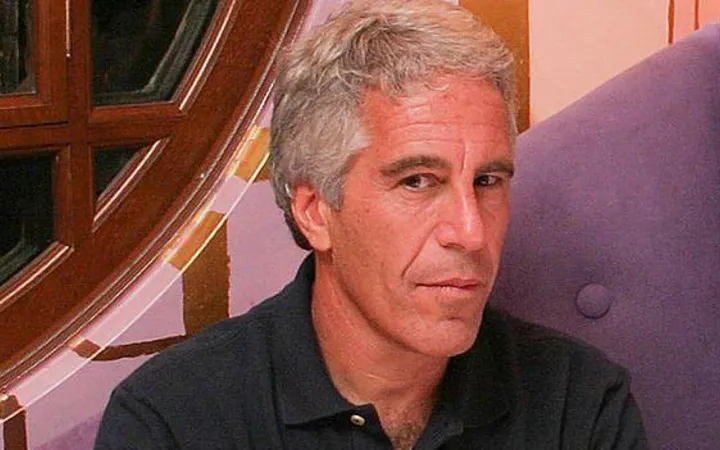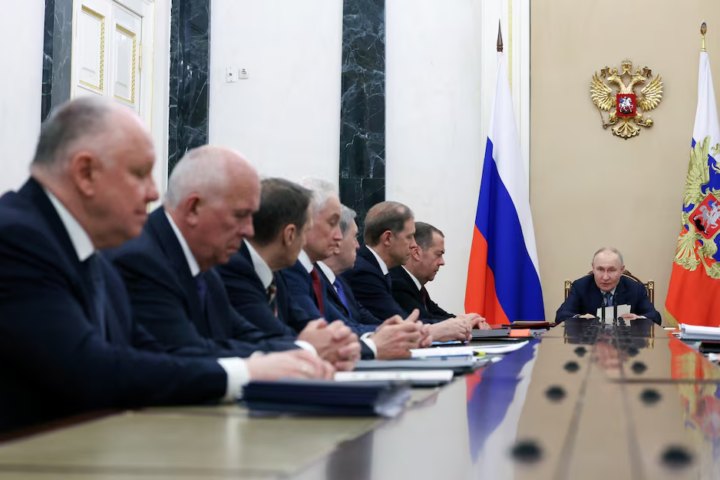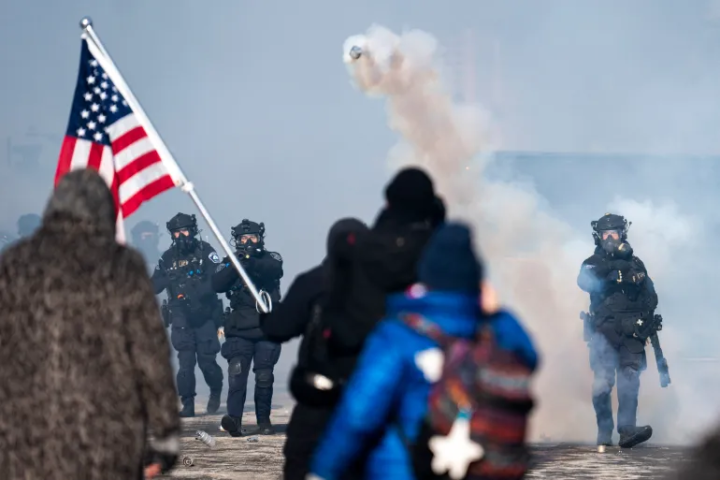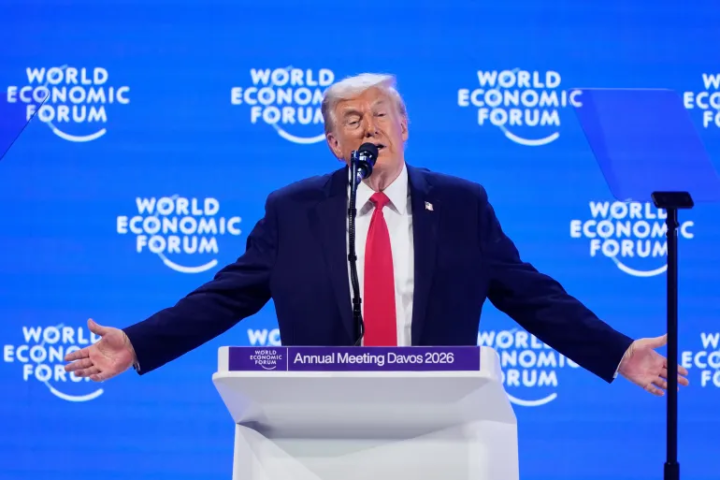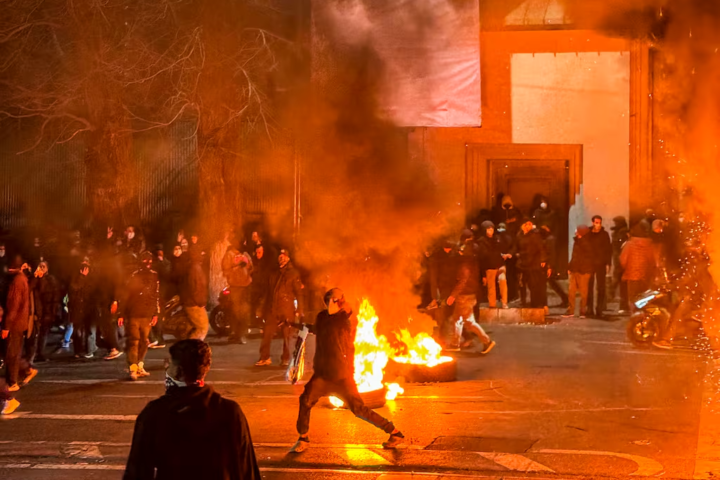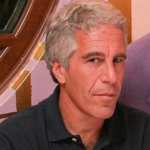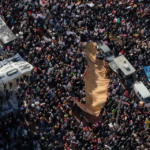South Korean President Lee Jae-myung says the military will step back from some activities along the North Korean border. It’s part of an effort to bring back a 2018 agreement that once helped ease tensions. He made the announcement during a ceremony marking 80 years since Korea’s liberation from Japan. It’s the clearest sign so far that Lee wants to shift away from confrontation and try diplomacy again.
The 2018 deal, signed under President Moon Jae-in, created buffer zones near the border, stopped live-fire drills, removed guard posts, and reopened military hotlines. But over the past few years, that deal fell apart as both sides returned to old habits—loud propaganda, balloon launches, and military standoffs.
Stepping Back
Lee’s plan calls for stopping the loudspeaker broadcasts and halting balloon launches carrying anti-North Korea messages. The military has already started removing some loudspeakers, and Lee’s office says troops are under orders to stop the leafleting.
He says it’s time to stop playing the same back-and-forth game. “Peace isn’t possible if we keep provoking each other,” Lee said. “We need to rebuild even small bits of trust.”
Right now, South Korea is acting alone. But Lee hopes the North will take similar steps and maybe open the door to future talks.
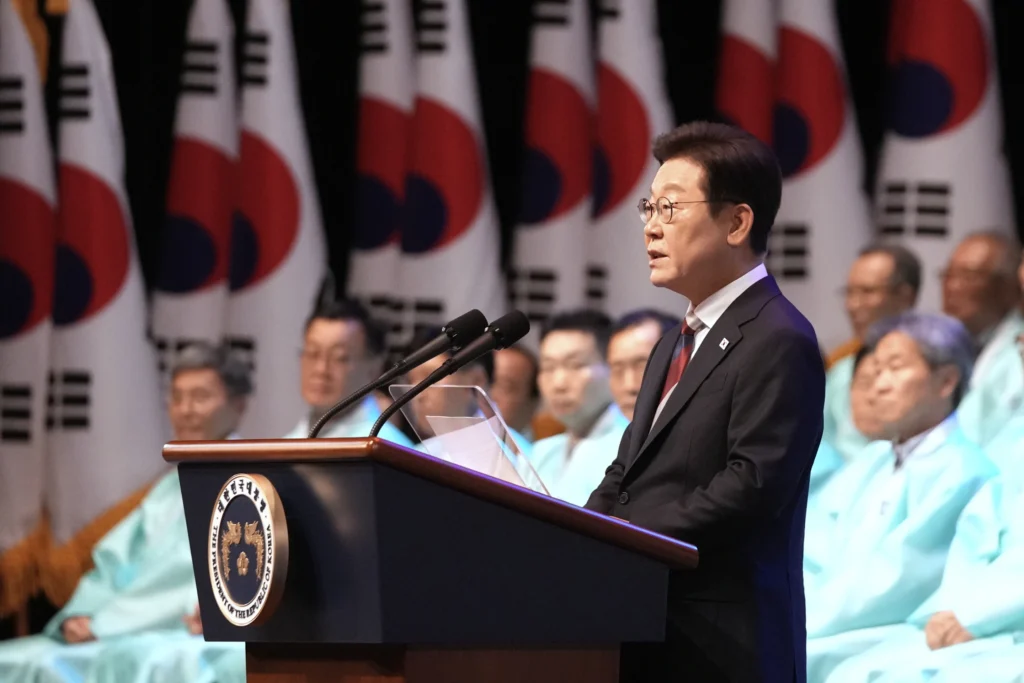
The Deal That Slipped Away
The 2018 agreement worked for a while. Guard posts came down. Military hotlines stayed open. Both sides paused drills. But in 2023, North Korea launched a military satellite, ignoring U.N. rules. Then they tore up parts of the agreement and called South Korea a hostile state.
South Korea hit back with surveillance flights and propaganda broadcasts. North Korea answered by floating trash balloons over the border. That was the final straw—the deal was effectively dead.
Lee took office this year with a different message. He said he was open to restarting diplomacy, but only if the North also stepped back.
North Korea Shrugs
North Korea hasn’t shown much interest. South Korean officials say Pyongyang may be removing its own loudspeakers, but Kim Jong Un’s sister called that a lie—saying Seoul was just trying to score political points.
That kind of response shows the risk here. Without clear signs from the North, critics say South Korea could end up looking soft. Some lawmakers are warning that pulling back now, especially right before U.S.–South Korea military drills, could send the wrong message.
Tensions May Rise Anyway
The big joint drills—Ulchi Freedom Shield—start August 18. They involve tens of thousands of troops. North Korea has always hated them, calling them a rehearsal for invasion. Experts say there’s a good chance the North will lash out again, no matter what Seoul does.
The U.S. says it supports reducing tension, but not at the cost of security. “We’re all for avoiding mistakes,” said one U.S. defense official. “But we’re not letting our guard down.”
China quietly likes what Lee is doing. Japan is watching closely too, worried a weaker military stance in South Korea might shift the balance in the region.
It’s a Risk, and Lee Knows It
Lee is taking a chance. His team hopes that even small steps—like turning off the speakers—can help restart some kind of dialogue. They also know North Korea has a long history of taking what it’s offered without giving anything back.
Supporters say this is a reset the region badly needs. They argue that keeping up the noise, the trash balloons, and the drills hasn’t helped.
Skeptics say nothing about the North has changed. Pulling back now could just give them room to regroup and move forward with their weapons programs.
All Eyes on the North
What happens next depends on North Korea. If they pull back too—take down speakers, stop balloon launches, reopen communication lines—it could lead somewhere. If they don’t, Lee’s approach may quickly come under fire at home, especially if tensions spike again during the military drills.
For now, South Korea is backing off a bit. It’s a shift from recent years of high tension. Whether that shift leads to anything more—it’s still too early to tell.


